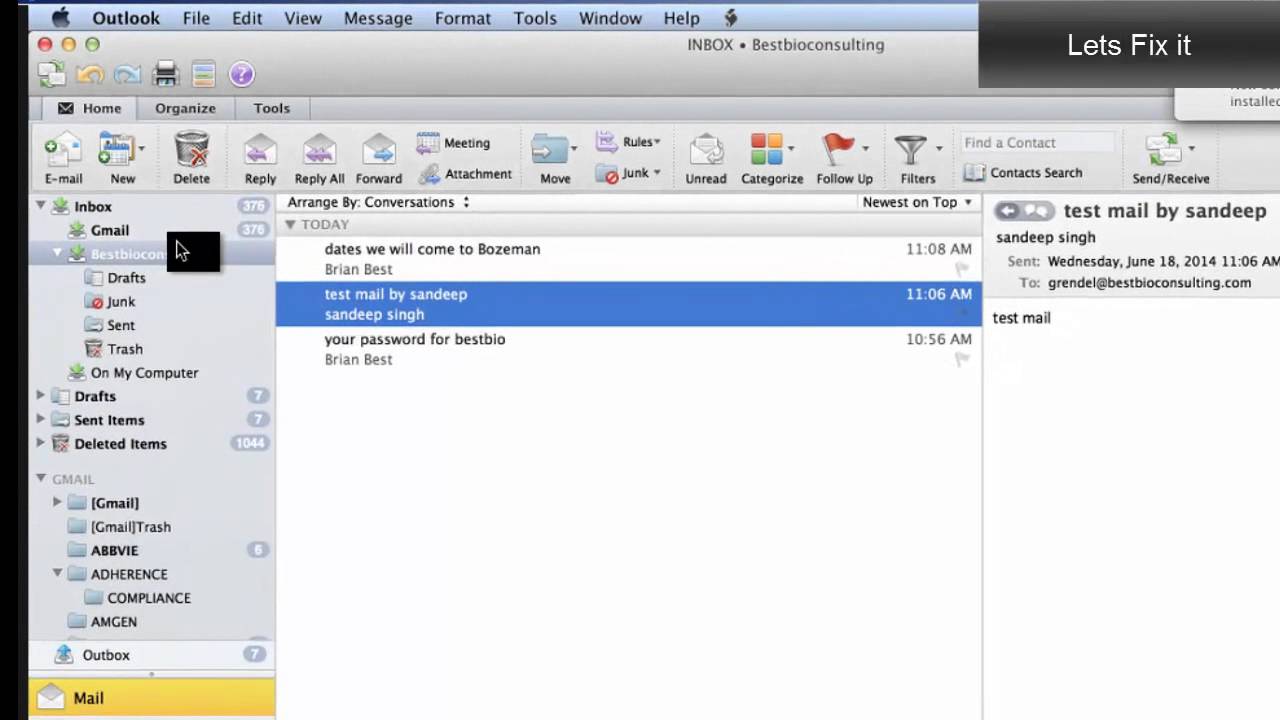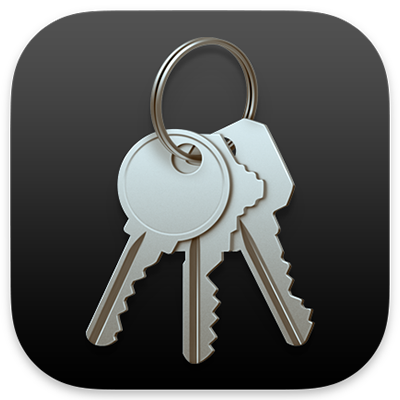
- #Delete mac keychain access for adal for mac
- #Delete mac keychain access for adal software
- #Delete mac keychain access for adal password
Over the years, OAuth has evolved with its direct handling of non-website services. Initially, it was developed to provide API to delegate authentication. In 2007, a Google group was created with a small group of implementers to write a proposal for an open protocol. OAuth started around 2006, with the development of the Twitter OpenID implementation. OAuth 2.0 also includes the use of access and refresh tokens to validate the authentication requests and reduce the number of times users receive a prompt to re-authenticate with primary credentials and as a consequence, perform 2FA. Modern Authentication leverages Active Directory Authentication Libraries (ADAL) to enable applications to support sign-in features like two-factor authentication (2FA/MFA) certificate-based Authentication. Modern Authentication is the term Microsoft uses to refer to its implementation of the OAuth 2.0 authorization framework for client/server authentication. Mobile Application Management (MAM) and Azure Active Directory (Azure AD) Conditional Access Microsoft’s implementation of Open Authorization (OAuth) Multi-factor authentication (MFA) smart card authentication client certificate-based authentication Modern authentication includes the following primary components:
#Delete mac keychain access for adal software
The second phase is to require two-factor authentication (2FA) for all mail/calendaring client, and software and software depending on Exchange or Microsoft Office 365. The first phase is to migrate all campus staff & faculty to modern authentication all mail client software depending on our campus Exchange infrastructure. This implementation will be done in two phases. It also impacts collaboration software like Microsoft Skype for Business, Microsoft Teams, and cloud service Microsoft Office 365. This impacts Exchange and corresponding mail & calendaring software like Microsoft Outlook, Apple Mail, Apple Calendar, and lesser-used applications like Bus圜al, Spark, etc. This enables sign-in features such as Multi-Factor Authentication(MFA), smart card, and certificate-based authentication. Modern authentication is an umbrella term for a combination of authentication and authorization methods between a client (for example, your laptop or your phone) and a server, as well as some security measures that rely on access policies. You should be able to open the app without any more prompts.Recently, our institution implemented Microsoft Modern Authentication to enable security controls that the university can implement to reduce the risk of compromised credentials with two-factor authentication for any service that contains sensitive, restricted data or otherwise. Modern Authentication enables Active Directory Authentication Library (ADAL) based sign-in for Exchange and client applications across different platforms. Once you have successfully signed in, quit out of the application and open it again. If prompted, sign in to your account associated with Office.
#Delete mac keychain access for adal password
Enter your Mac admin account password and click OK. You'll receive a prompt requesting permissions to access the keychain. Select the login keychain entry in the top left navigator pane, then from the File menu, choose Lock Keychain "login". Search for "keychain" in Spotlight and launch the Keychain Access app.
#Delete mac keychain access for adal for mac
Quit out of all Office for Mac apps such as Word, Excel, PowerPoint, Outlook, and OneNote. Then follow these directions to restore your keychain permissions:


You need to delete any cached passwords for your account, and also delete any authentication tokens from the keychain. Restore your keychain permissions for Office for Mac


 0 kommentar(er)
0 kommentar(er)
